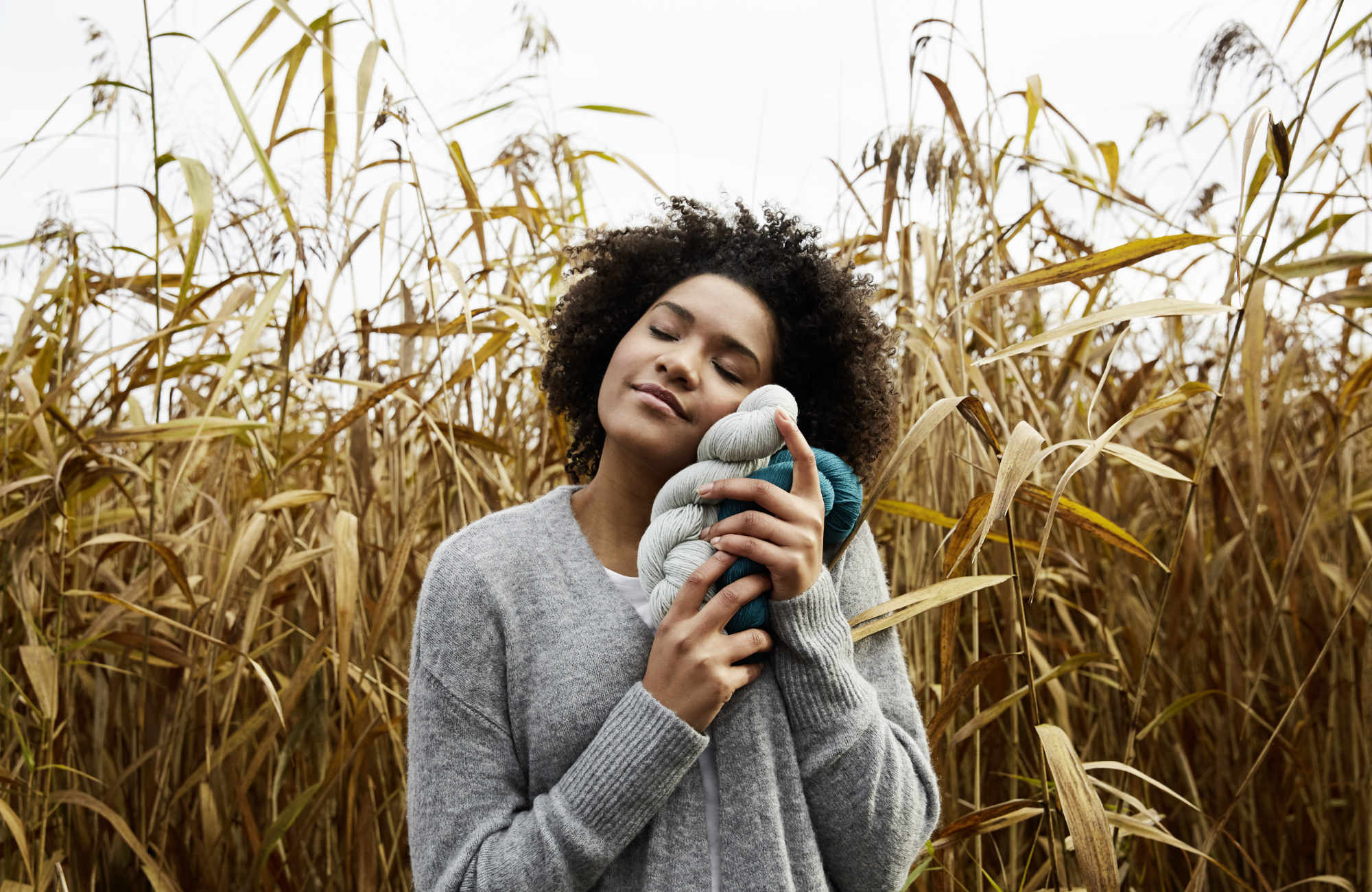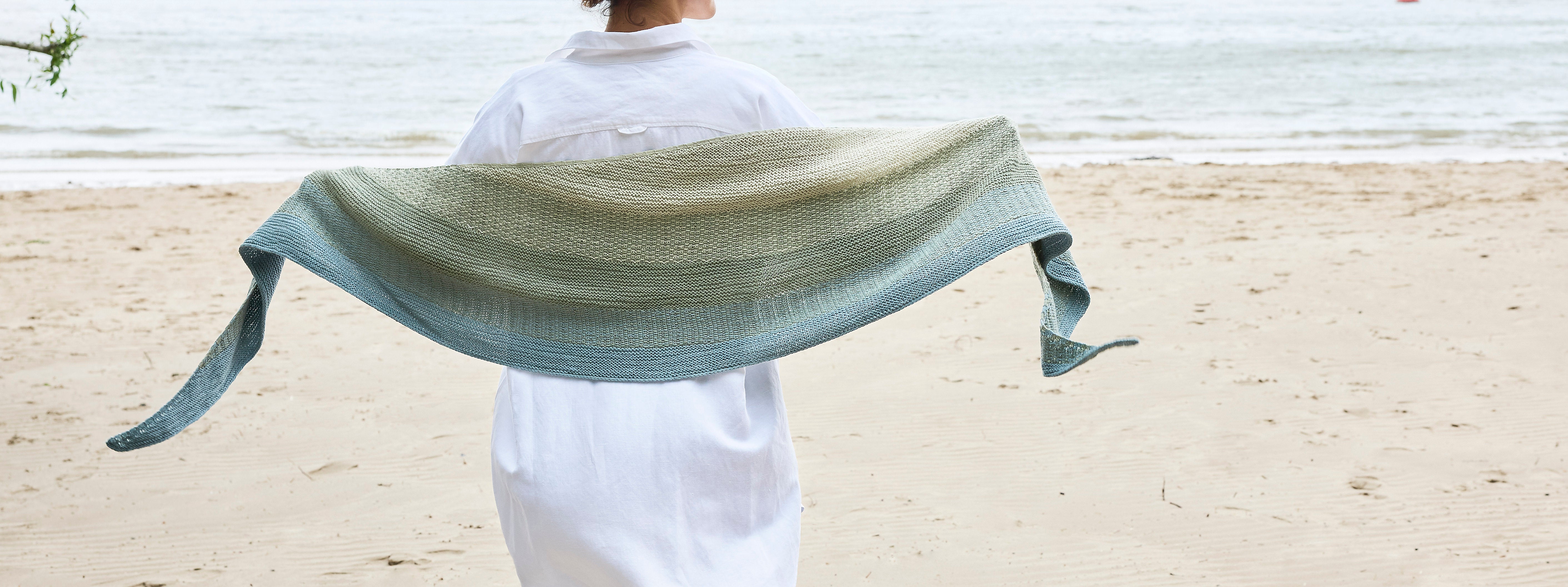Warum gibt es keine Wolle, die nicht kratzt, in schönen Farben und die garantiert ohne Tierleid und Ausbeutung hergestellt wird?
Mit dieser Frage startete Rosy eine lange Suche, die schließlich zur Gründung von Rosy Green Wool führte.
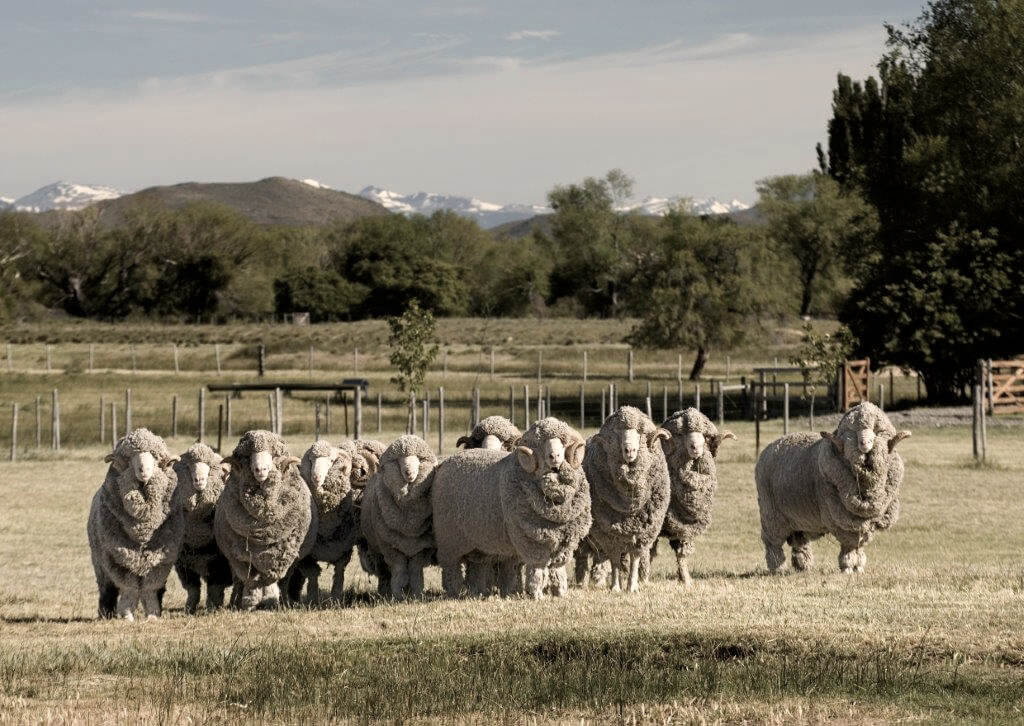
Die Geschichte von Rosy Green Wool
Rosy ist in der Nähe der schwäbischen Alb aufgewachsen, umgeben von der Liebe zu Tieren und dem Geruch von Schafwolle in der kleinen Spinnerei ihrer Großeltern. Ihre Oma brachte ihr alles bei, was sie über Stricken und Wollqualität wusste. Nach einer Karriere als Computerlinguistin, widmete sich Rosy wieder mehr und mehr ihrer Liebe zum Stricken und zur Schafwolle. Und so begann ihre Suche nach einer angenehm weichen Wolle, die garantiert ethisch und ohne Tierleid produziert wird. Da sie zu dieser Zeit keine solche Wolle finden konnte, gründete sie, zusammen mit ihrem Mann Patrick, 2012 Rosy Green Wool.
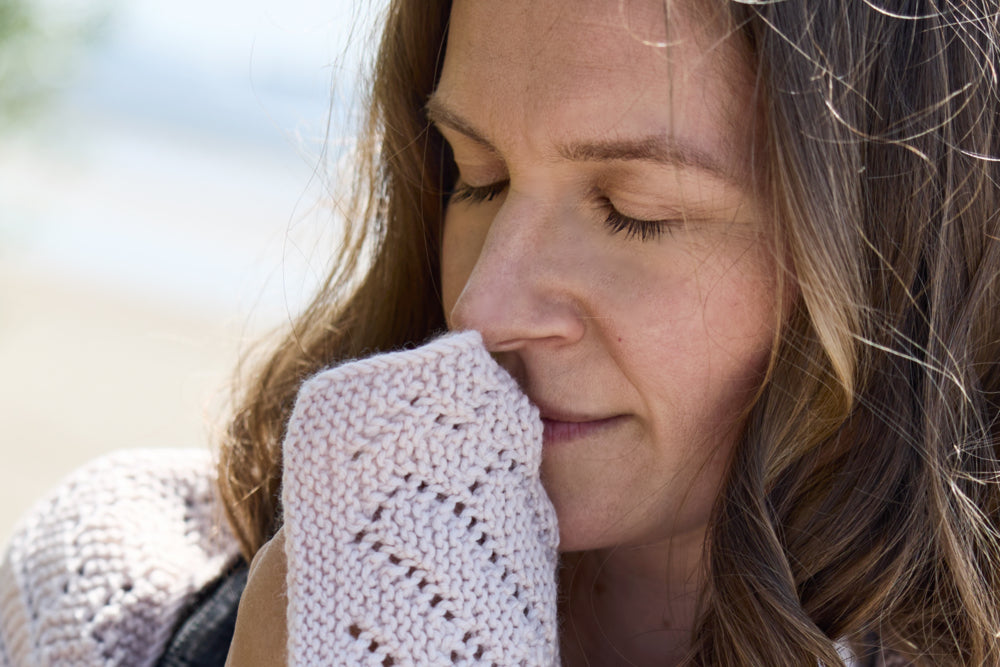
Qualität mit Liebe zum Detail
Im Mai 2025 übernahm Pascuali die Marke Rosy Green Wool und setzt nun die Vision fort, Wolle zu produzieren, die sowohl den höchsten Qualitätsansprüchen genügt als auch ethisch und nachhaltig produziert wird. Alle Garne von Rosy Green Wool werden aus Wolle von glücklichen Schafen aus kontrolliert biologischer Tierhaltung hergestellt. Diese Wolle wird in kleinen Manufakturen in Europa nach den genauen Vorgaben von Rosy Green Wool gesponnen und gefärbt. Das gesamte Sortiment ist zu 100% GOTS-zertifiziert – Bio und Fair.
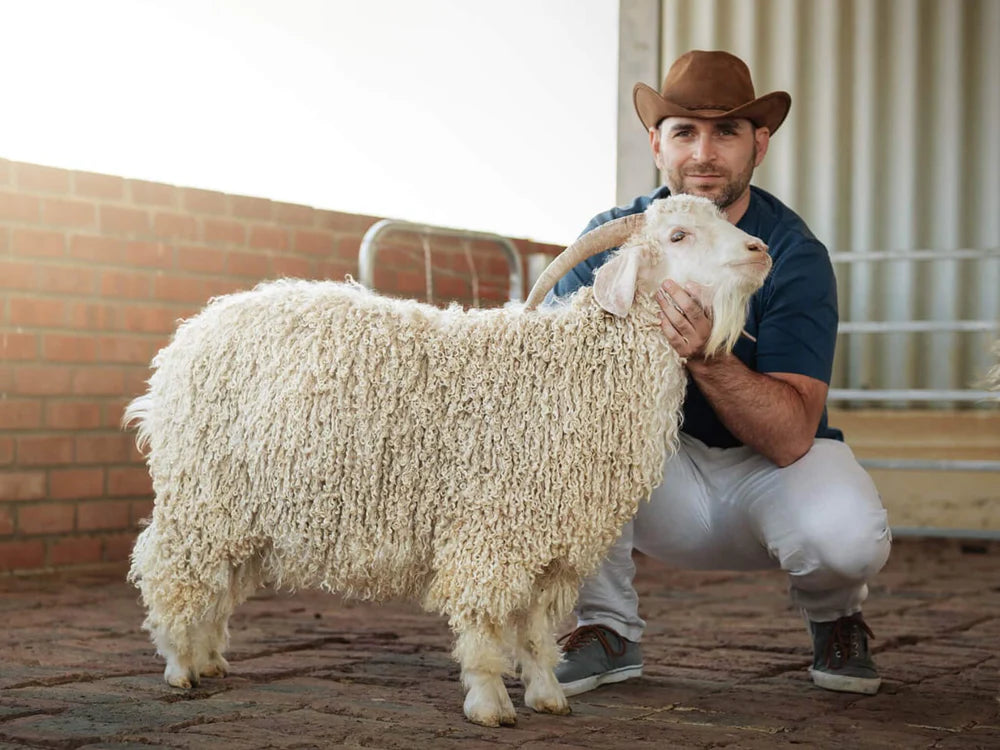
Die Mission von Rosy Green Wool
Das Anliegen von Rosy Green Wool war es immer, einen positiven Beitrag zur Welt zu leisten. So wurde neben dem Aufbau einer nachhaltigen Wertschöpfungskette ein Teil der Einnahmen gespendet, um Leid für Tiere und Menschen zu verringern: Rosy Green Wool spendete über die Jahre 80.000€ an die Against Malaria Foundation, um Moskitonetze für den Malariaschutz bereitzustellen, und 65.000€ für Tierschutzorganisationen wie den EA Animal Welfare Fund. Die Liebe zu Mensch, Tier und Natur steht auch mit Pascuali weiterhin im Mittelpunkt unserer Arbeit.
Pascuali und Rosy Green Wool
Mit der Übernahme der Marke setzt Pascuali das Engagement von Rosy Green Wool fort und trägt die Philosophie von hochwertiger, fair produzierter Wolle weiter. Wir freuen uns darauf, diese wunderbare Marke weiterzuentwickeln und noch mehr Menschen für die nachhaltige und ethische Wollproduktion zu begeistern.
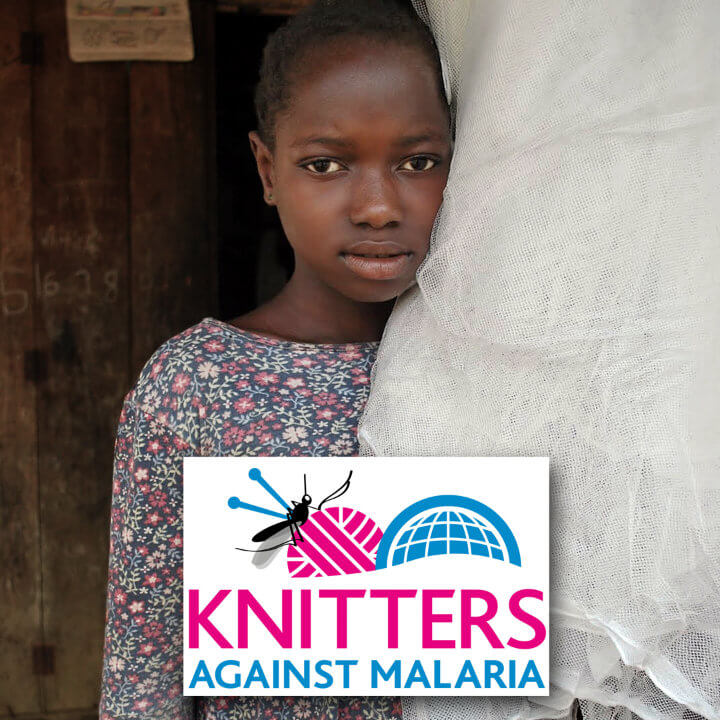
Menschen helfen
80.000 € BISHER GESPENDET
Einer der effektivsten Wege, um Menschenleben zu retten, ist der Schutz vor Malaria durch Moskitonetze. Rosy Green Wool unterstützt die Arbeit der Against Malaria Foundation, die bisher mit den Geldern über 42.000 Netze verteilen konnte. Zusammen mit der Designerin Melanie Berg hat Rosy Green Wool die Aktion Knitters Against Malaria gestartet, bei der die internationale Strick-Community über 100.000 € gespendet hat.
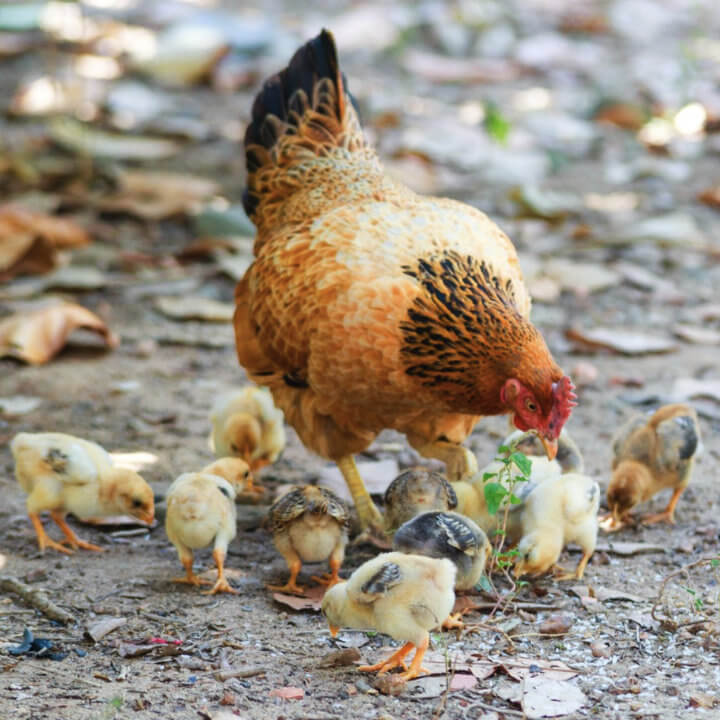
Tiere schützen
65.000 € BISHER GESPENDET
Weltweit werden aktuell etwa 110 Milliarden Tiere gehalten - 11 mal so viel wie vor 50 Jahren. Und es werden schnell mehr. Die meisten leben in Massentierhaltung, wo sie leiden. Gleichzeitig gehen nur 1% aller Tierschutzspenden an Organisationen, die sich für Verbesserungen in diesem Bereich einsetzen. Rosy Green Wool spendet deshalb an den EA Animal Welfare Fund, sowie an die Albert Schweitzer Stiftung für unsere Mitwelt und The Humane League für deren Unternehmenskampagnen.

